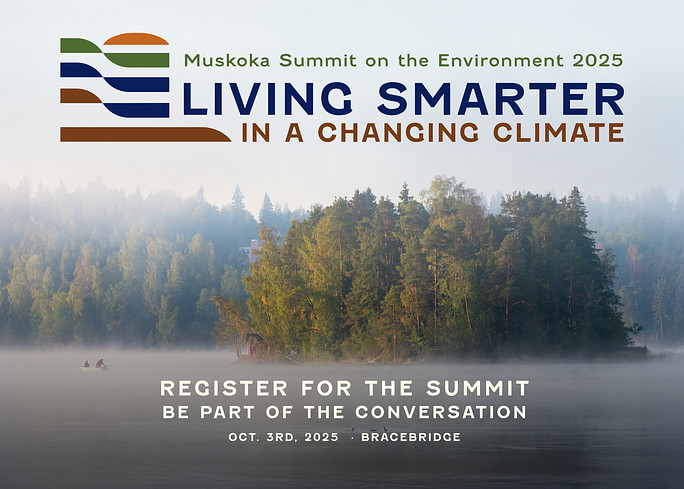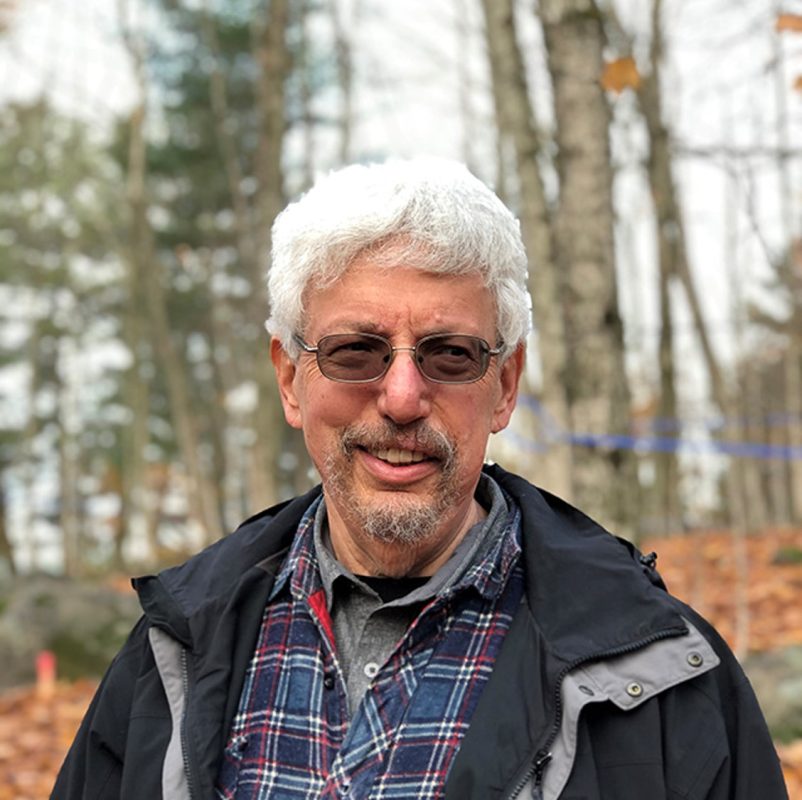The one best thing to do to protect the environment.
By Dr. Norman Yan | Published September 27, 2025

If there was one thing you could do to protect the environment, what would it be? I’ve been asked that question – not an easy one to answer. Surely there can’t be a single simple solution. How could one action reduce the many threats linked to climate change, or the thousands of different pollutants that are released into the air and water that sustain us. But on reflection, I do have a simple, albeit a meta-level answer to the question – protect democracy. Keeping our democracy functioning doesn’t guarantee environmental protection, but it does permit, indeed fosters, that possibility. And ceding democracy to tyrants or oligarchs certainly does the reverse.
Why is democracy so critical? Well. It’s about knowledge and will. Protecting our air, water, soil and fellow creatures from emerging threats or reversing past damage requires first we understand the problem, then have the will to use that knowledge. Understanding starts with assessment. We need to know if our environment is in good enough shape to sustain us and the plants and animals that share the earth with us and help keep our environment in good shape. For example, native plankton play key roles in keeping our lakes clear and clean. We need to ensure they can continue to provide that service. Next, if our assessment reveals damage or threats, we need to understand what’s going on well enough to recommend solutions. Then, we need to know what policy or behavioural changes, engineering or other on-the ground-interventions may remove the threats or reverse the damage. That’s the knowledge piece. It’s the easy part.
Now the hard part. We need the societal will to have that knowledge used. Generating that will requires many things. First, we need a public that understands that our economy largely developed in, remains embedded in, and requires a healthy environment. Roughly half the jobs in Muskoka, for example, depend on a high-quality natural environment, so allowing our environment to degrade threatens our economy.
The societal will to act also requires a free and independent press that shares credible knowledge with a public willing to listen. That requires a public keen to learn throughout life, sustained by a well-funded and independent school system that teaches students the critical thinking skills to tell fact from fiction, truth from conspiracy theory.
Finally, the will to act requires a governing structure, a functioning democracy in our case, where politicians respond to public will, politicians that know they can be tossed out of office if they act counter to the expressed wishes of the majority of the public. Fully functioning democracies provide these essential steps. Failing democracies don’t. For example, the current US administration has rolled back automobile emission standards, cut funding for climate research and has withdrawn from the Paris Agreement on greenhouse gas emissions, all policy changes that threaten the environment and thus, soon, the American economy.
Every day the news reports widespread threats that make me worry about our shared future – droughts, fires, floods, more frequent severe storms, melting glaciers, rising sea levels, and the increasing possibility of lethally hot air temperatures in the tropics. The Insurance Bureau of Canada has reported a near doubling of catastrophic weather events this decade (those causing at least $25M in insured losses) compared to the decade before. There are worries in Muskoka too. We’ve had more frequent and severe spring floods; algal blooms in our lakes are more frequent, and wildfire risk can no longer be discounted. My advice? Keep our democracy functioning – get involved with your communities, share your concerns with your friends and neighbours, and importantly, reach out to politicians at all levels. Let them know your concerns. Housing, affordability, jobs, health care and education may be on your list, but do consider adding environmental condition. We’re essentially “dead in the water” without a healthy environment to sustain us.

This is #16 in the Muskoka Watershed Council series of articles, Living Smarter in Muskoka. Its author is Dr. Norman Yan, Director and founding Chair of Friends of the Muskoka Watershed, long-time Muskoka resident, and a retired environmental scientist who thinks holistically about environmental care. The series is edited by Dr. Peter Sale, Director and Past Chair of Muskoka Watershed Council.
First published by MuskokaRegion.com
